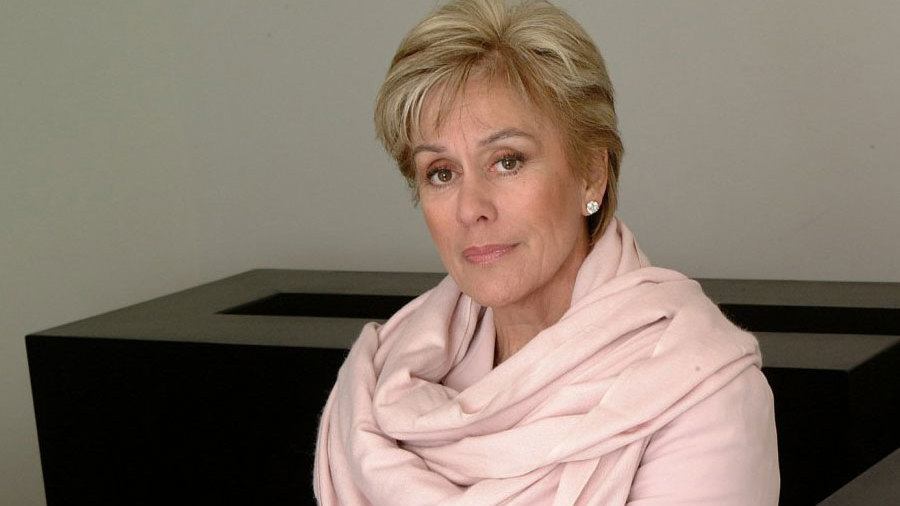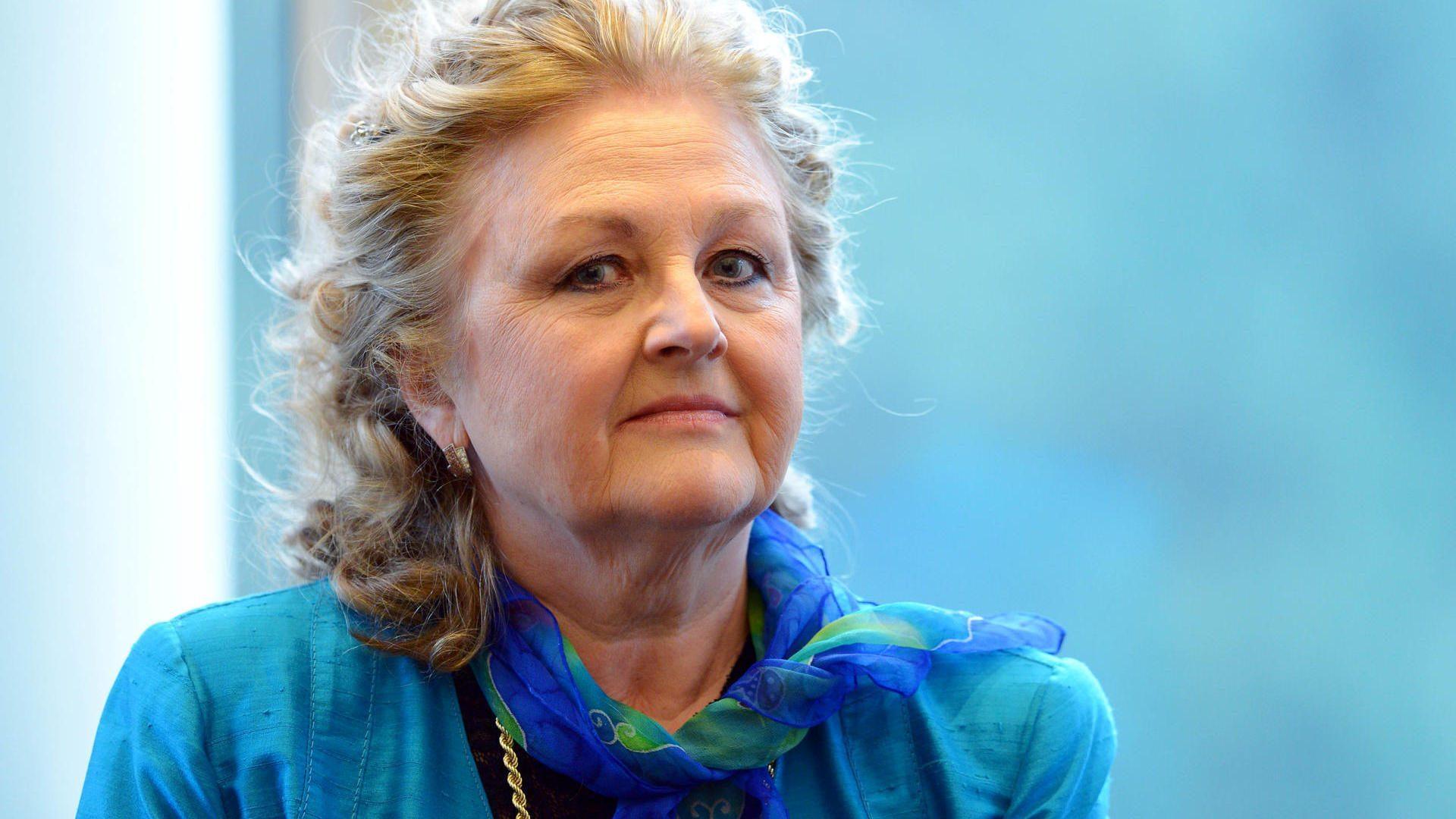Remembering Jodie Devos
Jodie Devos, the celebrated Belgian soprano, passed away last Sunday, June 16, as a result of rapidly-progressing breast cancer. She was 35. At the time of her death in Paris, she was surrounded by family. In a social media post, soprano Barbara Hannigan remembered Devos as “a beautiful artist, vibrant and radiant of sound and presence.” In a statement to Belgian news channel VRT, conductor Dirk Brossé said, “We have lost one …





